Volkswagen is considering closing key German plants and ending a long-standing job security scheme. This move comes as the automaker struggles with insufficient electric vehicle demand, reduced government subsidies, and the push for substantial cost savings. The decision could lead to significant job losses and marks a turning point in the company’s 87-year history.
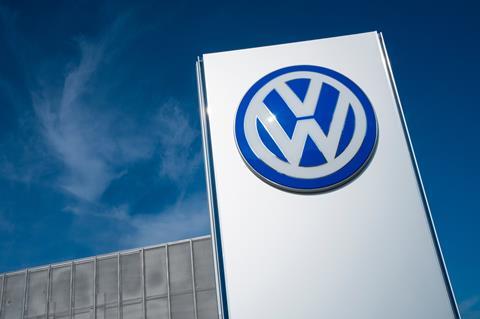
Volkswagen, one of the largest and most storied automakers in the world, is facing a crossroads that could reshape its operations and labour relations in Germany. As the company grapples with the challenges of transitioning to electric vehicles (EVs) amid declining profitability, it has issued a stark warning that could have far-reaching consequences for its workforce and the broader automotive industry.
The end of an era: job security scheme termination
In a move that has sent shockwaves through the automotive sector, Volkswagen has announced the potential termination of a job security agreement that has been in place since 1994.
This agreement, which was designed to protect employees from layoffs until 2029, has been a cornerstone of labour relations at Volkswagen for nearly three decades. Its abrupt discontinuation highlights the severity of the challenges facing the carmaker as its production levels take a hit amid its push to shift to Electric Vehicles (EVs).
With job security potentially being rescinded, Volkswagen has entered a period where it believes maintaining the status quo is no longer feasible.
“The workers council has vowed ’fierce resistance’ to plans of the executive board”

The impact of falling demand and reduced subsidies
Volkswagen, like many traditional automakers, is under pressure to transition to EVs. On the one hand are government schemes such as the Green Deal and the ending of the sale of Internal Combustion Engine (ICE) vehicles in Europe, and the Inflation Reduction Act in the US.
However, the shift has been complicated by a significant decline in demand for EVs in Europe, particularly in Germany, where reduced government subsidies have further exacerbated the situation.
The company has identified these facilities as “obsolete”
Recent data from the German Association of the Automotive Industry (VDA) shows that EV sales in Germany fell by 16.4% in the first half of 2024 compared to the same period in 2023. This decline is partly due to the reduction in government incentives, such as the sudden revocation of purchase subsidies which had previously played a crucial role in driving consumer adoption of electric vehicles.
For Volkswagen, its EV division has been particularly hard-hit, with the company’s ID.4 and ID.5 models experiencing sales drops of 30% and 28%, respectively, in the first half of 2024. These figures are testament to the challenges the carmaker faces in maintaining profitability in the EV shift.
VW announces vehicle production plant and components factory closure
VW had already announced a far-reaching, and comprehensive ‘cost-cutting’ initiative across its brand, aiming for savings of $11 billion in an attempt to offset plummeting returns. As part of this cost-cutting strategy, Volkswagen is now reportedly considering the closure of at least one major vehicle production plant and one components factory in Germany. The company has identified these facilities as “obsolete” in the context of its current and future production needs.
According to the International Monetary Fund, the transition to EVs could lead to job losses from anywhere between 1.7 to 5.9 million in the EU alone
This decision could have significant implications for the German automotive industry. Volkswagen employs approximately 120,000 people across its German operations, and the closure of even a single plant could lead to thousands of job losses. The ripple effects could extend beyond Volkswagen, affecting suppliers, local economies, and the broader labour market.
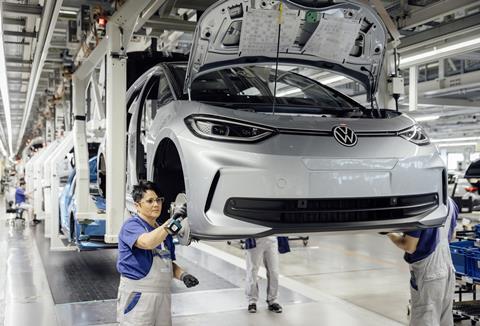
The workers council has vowed “fierce resistance” to plans of the executive board, as the carmaker finds itself on the receiving-end of serious criticism for its position, with the workforce, once again finding itself marked out as the disposable element of automotive production.
VW brand chief Thomas Schaefer commented on the situation, saying, “the situation is extremely tense and cannot be overcome by simple cost-cutting measures.”
Is cost-cutting in the form of job loss about to spread like wild-fire?
Although the carmaker is angling the situation as necessary, many, including Volkswagen’s works council chief, Daniela Cavallo, strongly disagree. Cavallo has lambasted the OEM’s management for a series of strategic missteps. She accused the firm of “many wrong decisions” in recent years, including a failure to invest in hybrid technology and a sluggish approach to developing affordable electric vehicles, according to Reuters.
”Unions are expected to push back against any attempts to reduce job security or close plants”
Rather than resorting to plant closures, Cavallo argued that the board should focus on simplifying operations and leveraging synergies across the Volkswagen group. She criticised the company’s “documentation madness” and “salami-slicing tactics,” suggesting that a more streamlined approach could yield significant cost savings without resorting to such drastic measures.
The weight of challenges across automotive manufacturing is palpable. Volkswagen’s decisions are, in very a real sense, reflective of broader - and seemingly proliferating - trends in the global automotive industry. Traditional automakers are grappling with the transition to electric vehicles, which requires significant investment in new technologies and manufacturing processes. At the same time, they find themselves needing to navigate fluctuating market conditions, including changing consumer preferences and government policies.
According to the International Monetary Fund, the transition to EVs could lead to job losses from anywhere between 1.7 to 5.9 million in the EU alone, where the shift is expected to be particularly pronounced - and where strict environmental regulations and high labour costs are driving the transition to electric vehicles.
”The future of Volkswagen’s German operations remains uncertain”
Volkswagen’s decision to end its job security scheme and consider plant closures, although unwelcome, may be an early indication of a broader restructuring within the industry. As automakers adapt to the new realities of the EV market, they will need to make difficult choices about where and how to allocate resources, and it seems that, for VW, job loss is unfortunately the ‘solution’ that’s been opted for.
What does Volkswagen’s auto production future now look like?
The future of Volkswagen’s German operations remains uncertain. While the company has not yet finalised its plans, the warnings about potential plant closures and the end of the job security scheme have already sparked intense debate among workers, unions, and industry observers, and could be indications of a growing crisis.
Unions are expected to push back against any attempts to reduce job security or close plants, arguing that such moves would undermine the social contract that has long been a hallmark of Germany’s industrial relations.
However, from an OEM standpoint, Volkswagen’s management is likely to argue that these measures are necessary to ensure the company’s long-term competitiveness in a rapidly moving market.
The coming months will be crucial as Volkswagen weighs up these challenges and makes decisions that could have lasting impacts on its workforce, its operations, and the broader automotive industry. For now, the only certainty is that change is on the horizon, and how Volkswagen responds to this change will be closely watched by the entire industry.





























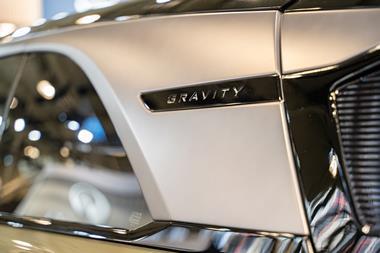
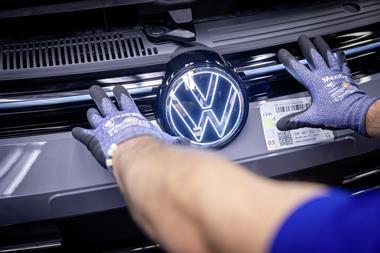
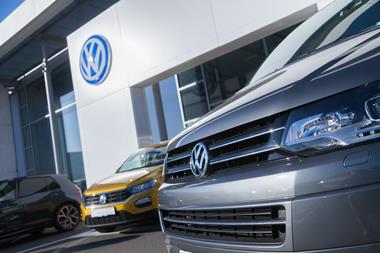
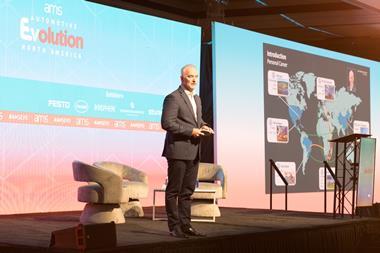
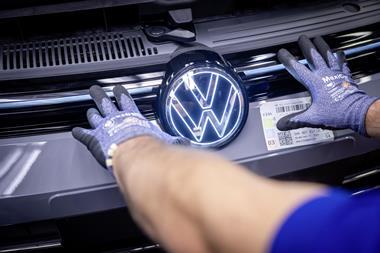
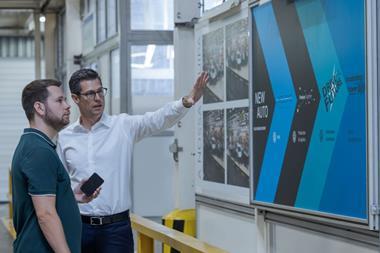



No comments yet